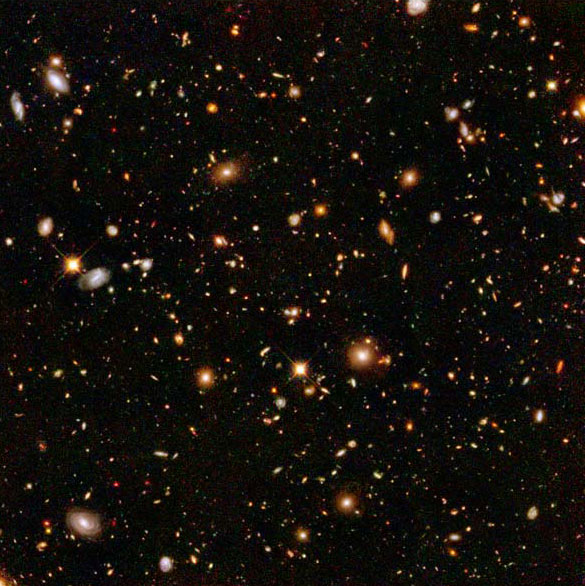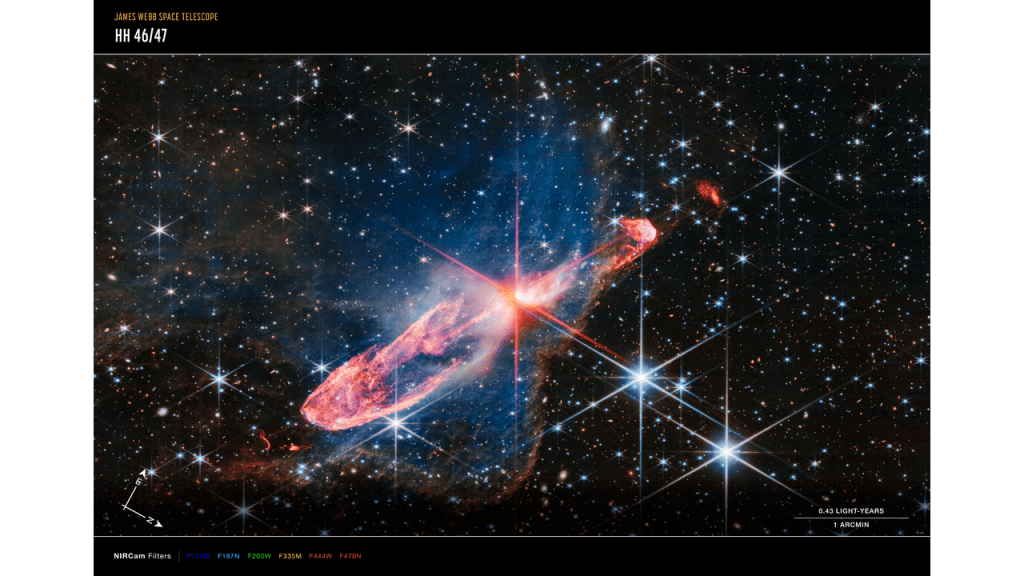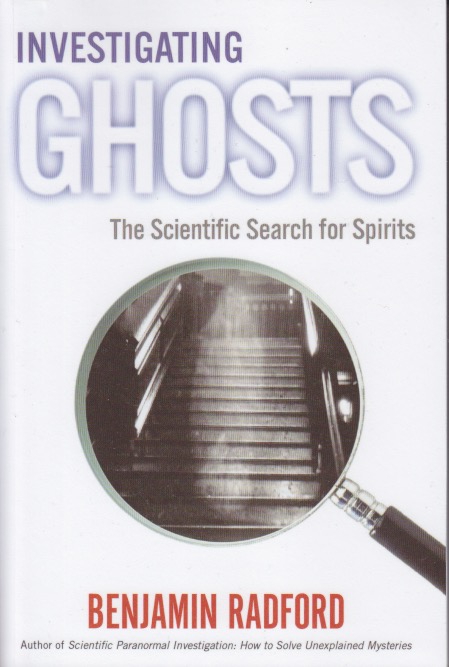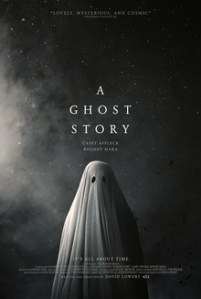One of the quirks of my thought process is that I tend to look for the bigger picture. I’ve always done this and I suspect it drives some people batty when they ask me a question and I begin to answer from what seems to be a tangent. (I also think this is why I performed well in the classroom.) So, when I saw the article by Eric Holloway on Mind Matters, titled “Why Is Theology the Most Important Empirical Science,” I had to take a look. Mostly a series of bullet-points that point out some of the religiously-motivated ideas that led to scientific discoveries, the article is useful. My penchant for the big picture goes a bit broader, however. The entire worldview in which the scientific process was born, and thus its underlying presuppositions, are religious. Science and religion are the dogs and cats of the thought world but I’ve seen dogs and cats live happily together.
Science has always been with us. Early peoples weren’t benighted troglodytes. They observed, hypothesized, drew conclusions. Science as we understand it, however, began in the Middle Ages in Europe, drawing on observations from earlier thought in the Arab world. The context in that Arab world was solidly Muslim. The Middle Ages in Europe were solidly Christian. None of this discounts the contributions of Jews to the whole, it’s merely an observation regarding the larger cultural outlook. Many of the principles of science even today (for example, that people are categorically different from other animals) are based on those religious worldviews. We seldom go back to question whether we might’ve gotten something fundamentally wrong. Meanwhile, the dogs began to chase the cats.
College as a religion major involved a lot of discussions about basic presuppositions. Then questioning them. Not much of this went on in the classroom (Grove City was, and is, a conservative Christian school). The wonderful thing about higher education is the bringing together of people with different outlooks. It was those after-hours conversations that helped form my questing nature. I’d already started asking bigger questions when I was a child, annoying my parents and, I suspect, sometimes vexing clergy. A single human mind is too limited to grasp it all, but it seems to me to deny religion a place at the table is to leave out massive amounts of human experience. Of course, economics, the dismal science, seems well on the way to eliminating the study of religion in higher education. And we will have lost, if this happens, a large piece of the bigger picture.















